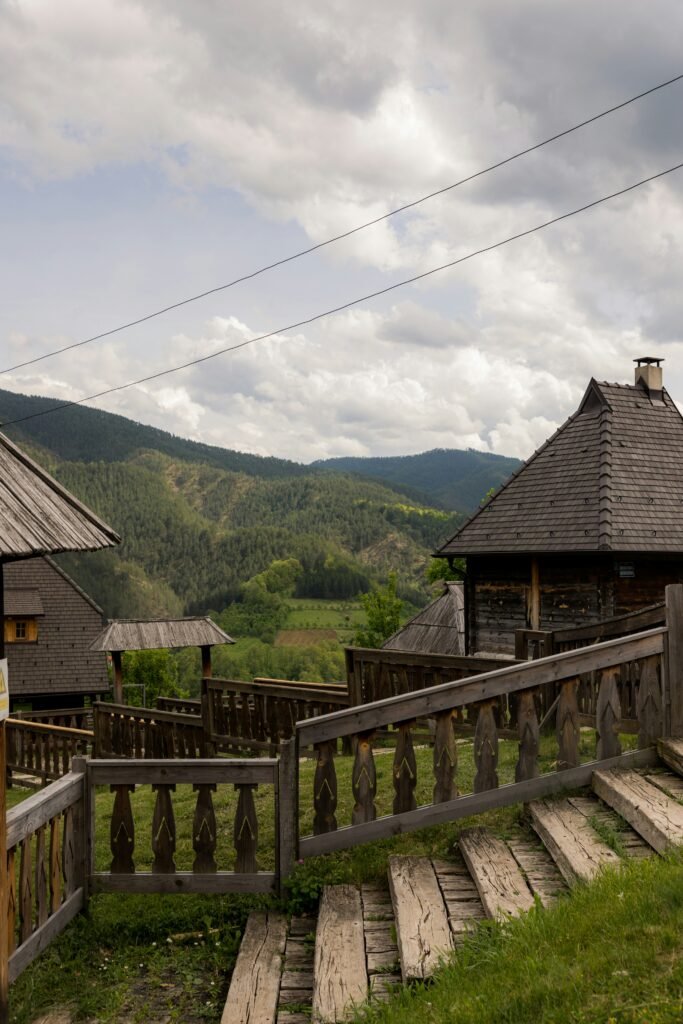
Top Destinations for Authentic Spanish Experiences
When exploring Spanish culture, a few destinations stand out for their distinctive blend of tradition and modernity. Among these, Madrid is a prime example. As Spain’s capital, it offers an unparalleled mix of historic landmarks such as the Royal Palace and modern attractions like the Prado Museum. The combination of bustling plazas, traditional tapas bars, and captivating flamenco performances make Madrid a perfect spot for those seeking to immerse themselves in Spain’s vibrant heritage.
Barcelona, situated in the northeastern region of Catalonia, presents a unique cultural identity. Renowned for its stunning architecture, the city is adorned with works of the renowned architect Antoni Gaudí, including the famous Sagrada Família and Park Güell. Barcelona’s Catalonian heritage is deeply rooted in its cuisine, language, and celebrated festivals such as La Mercè. The blend of historical and contemporary elements makes it a must-visit destination for experiencing the distinct Catalonian culture.
Seville, in the heart of Andalusia, is famed for its passionate flamenco shows, ornate Moorish architecture, and the annual Feria de Abril, a lively festival featuring traditional costumes, dancing, and music. The city’s historic center, including the Gothic Seville Cathedral and the Alcázar palace, provides a rich historical backdrop that highlights Seville as a hub of Spanish arts and traditions.
Granada, another gem of Andalusia, is most notable for the Alhambra, an exquisite palace and fortress complex that epitomizes the heights of Moorish art and architecture. The city also boasts the Albaicín district, where narrow streets and traditional tea houses offer a glimpse into Granada’s multicultural past. This intricate tapestry of history and culture makes Granada an essential stop for any traveler interested in Spain’s diverse heritage.
Valencia, located on the southeastern coast, is synonymous with the exuberant Fallas festival, a celebration marked by the creation and burning of large, elaborate sculptures. Valencia is also the birthplace of paella, Spain’s iconic rice dish that encapsulates the local culinary tradition. Coupled with the futuristic architecture of the City of Arts and Sciences, Valencia offers a distinctive blend of innovation and tradition, making it a vibrant cultural destination.
Spain is a treasure trove of vibrant cultural experiences and activities that cater to a wide array of interests. One of the quintessential Spanish cultural activities you cannot miss is attending a flamenco show. Flamenco, a deeply emotional dance form originally from Andalucía, offers a profound glimpse into Spanish traditions through its passionate music, complex rhythms, and dramatic performances. Venues from intimate tabernas to grand theatres across cities like Seville, Madrid, and Granada offer these captivating performances.
Participating in a tapas crawl is another unmissable cultural endeavor. Tapas, the small savory dishes originating from Spain, are not just food but a social occasion. Embarking on a tapas crawl allows travelers to sample local delicacies and bask in the lively Spanish atmosphere. Cities like Barcelona, San Sebastián, and Valencia offer a plethora of tapas bars each with their unique specialties. This culinary journey is incomplete without trying iconic dishes like patatas bravas, jamón ibérico, and pulpo a la gallega.
For those seeking traditional Spanish experiences that are more immersive, watching a bullfight, or corrida de toros, can be a controversial yet culturally significant activity. Bullfighting is deeply rooted in Spanish history and attending one of these events in iconic venues like Madrid’s Plaza de Toros de Las Ventas or Seville’s Plaza de Toros de la Maestranza provides an understanding of the complex cultural and historical context behind this tradition.
Spain’s regional festivals are globally renowned for their exuberance and historical significance. La Tomatina, an annual tomato-throwing festival in Buñol, offers a fun and chaotic spectacle. Pamplona’s Running of the Bulls during San Fermín Festival is another adrenaline-pumping experience, celebrated in early July. Semana Santa, or Holy Week, is a deeply spiritual event marked by solemn processions and religious fervor, especially notable in Seville and Málaga.
Experiential activities such as visiting traditional Spanish vineyards for wine tasting and participating in cooking classes offer intimate insights into Spain’s rich gastronomic heritage. Wine regions like La Rioja and Ribera del Duero host vineyard tours and tastings that reveal the intricacies of Spanish wine-making traditions. Cooking classes, ranging from making paella in Valencia to crafting pintxos in San Sebastián, provide hands-on experiences with delectable results.
Finally, Spain’s ancient historic sites, such as the Alhambra in Granada, the Roman Aqueduct in Segovia, and the Mezquita in Córdoba, provide awe-inspiring journeys through time. Exploring these architectural marvels offers a profound connection to the rich historical legacy that has shaped modern Spain.